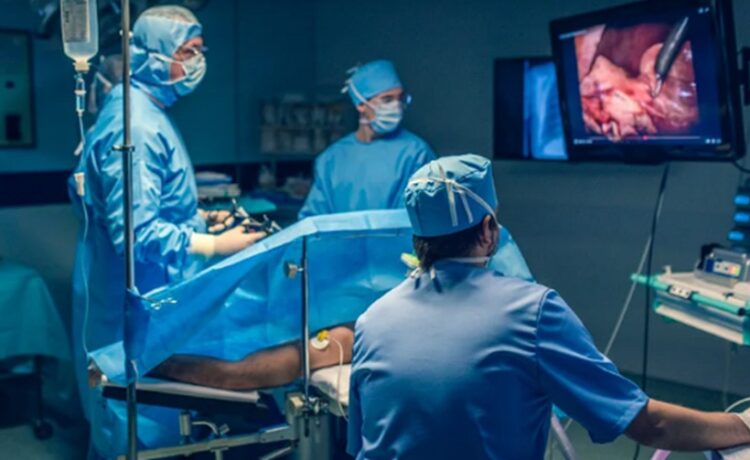Bariatric surgery has become a life-changing solution for many individuals battling obesity and its related health issues. Among its most significant benefits is its ability to dramatically improve or even reverse Type 2 diabetes. For those seeking bariatric surgery in St. Louis, this surgical option isn’t just about weight loss, it’s also a powerful intervention for better metabolic health. In recent years, increasing evidence has shown how weight loss surgeries can reduce or eliminate the need for diabetes medications, offering patients a new lease of life.
Understanding the Connection Between Obesity and Type 2 Diabetes
Obesity is a leading risk factor for Type 2 diabetes, primarily because excess fat disrupts the body’s ability to use insulin effectively. When insulin resistance occurs, glucose builds up in the bloodstream, leading to high blood sugar levels. Over time, this can result in serious complications, including nerve damage, kidney failure, and heart disease.
Bariatric surgery helps by reducing the size of the stomach and altering hormone levels, which promotes better blood sugar control. Many patients experience a significant drop in blood sugar levels shortly after surgery, even before major weight loss occurs.
How Bariatric Surgery Reverses Diabetes
The metabolic improvements following bariatric surgery are often rapid and dramatic. Some patients with Type 2 diabetes are able to reduce or even discontinue their insulin and oral medications within days of surgery.
One of the reasons behind this improvement lies in how the surgery alters gut hormones. These hormonal changes enhance insulin sensitivity and decrease insulin resistance. Furthermore, weight loss reduces the fat stored in the liver and pancreas, which also contributes to improved glucose metabolism. If you’re wondering exactly how weight loss surgery helps people with Type 2 diabetes, it’s these physiological changes that bring such dramatic results.
Lifestyle Adjustments Post-Surgery
While surgery can significantly help with diabetes management, lifestyle changes remain essential. Patients must adopt healthy eating habits, stay physically active, and follow up regularly with their healthcare providers. Adhering to these habits ensures long-term success and helps prevent the recurrence of diabetes symptoms.
After bariatric surgery, certain dietary adjustments are necessary. Many patients have questions about everyday habits, such as whether they can drink coffee after bariatric surgery or not. While caffeine isn’t entirely off-limits, it’s crucial to follow medical guidance on how and when to reintroduce it, as it can affect hydration and digestion in the early recovery stages.
Conclusion
Bariatric surgery is more than just a solution for weight loss—it’s a medical intervention that offers powerful benefits for people living with Type 2 diabetes. For those struggling to control their blood sugar through medication and diet alone, this surgery provides a viable path to improved health and freedom from chronic disease. By addressing the root cause—obesity—bariatric surgery can lead to long-term diabetes remission and a healthier, more active life. If you’re ready to take control of your health, consulting with a qualified specialist can be the first step toward meaningful, lasting change.


